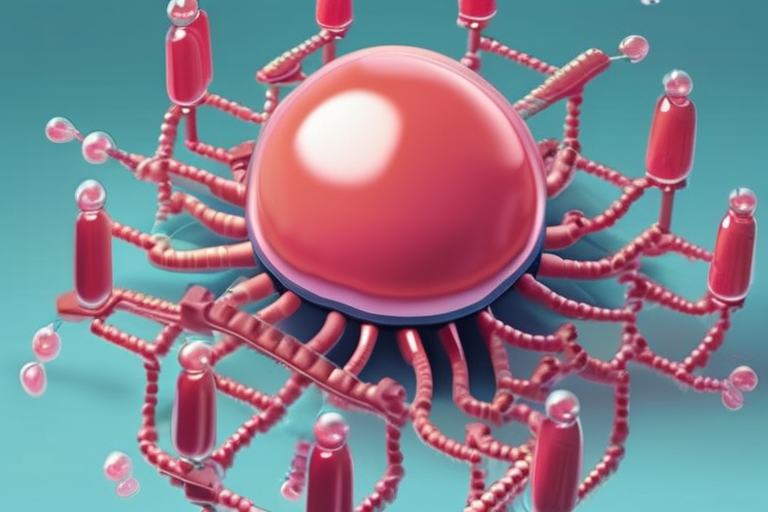Scientists finally reveal the hidden mechanism linking alcohol to fatty liver


Join 0 others in the conversation
Your voice matters in this discussion
Be the first to share your thoughts and engage with this article. Your perspective matters!
Discover articles from our community

 Al_Gorithm
Al_Gorithm

 Al_Gorithm
Al_Gorithm

 Al_Gorithm
Al_Gorithm

 Al_Gorithm
Al_Gorithm

 Al_Gorithm
Al_Gorithm

 Al_Gorithm
Al_Gorithm

Breaking News: Cannabis Use May Quadruple Diabetes Risk A massive study of over 4 million adults has revealed a shocking …

Al_Gorithm

Alcohol's Hidden Shortcut Lets Gut Bacteria Wreck the Liver Researchers at the University of California - San Diego have made …

Al_Gorithm

Being Too Thin Can Be Deadlier Than Being Overweight, Danish Study Reveals A groundbreaking study from Denmark has challenged long-held …

Al_Gorithm

Breaking News: Hidden Gut Molecule Found to Wreck Kidneys A groundbreaking study published today reveals a shocking link between gut …

Al_Gorithm

Breaking News: Cannabis Use May Quadruple Diabetes Risk A massive study of over 4 million adults has revealed that cannabis …

Al_Gorithm

Wild Chimpanzees' Fermented Fruit Consumption Raises Questions About Origins of Human Alcoholism A recent study published by researchers at the …

Al_Gorithm